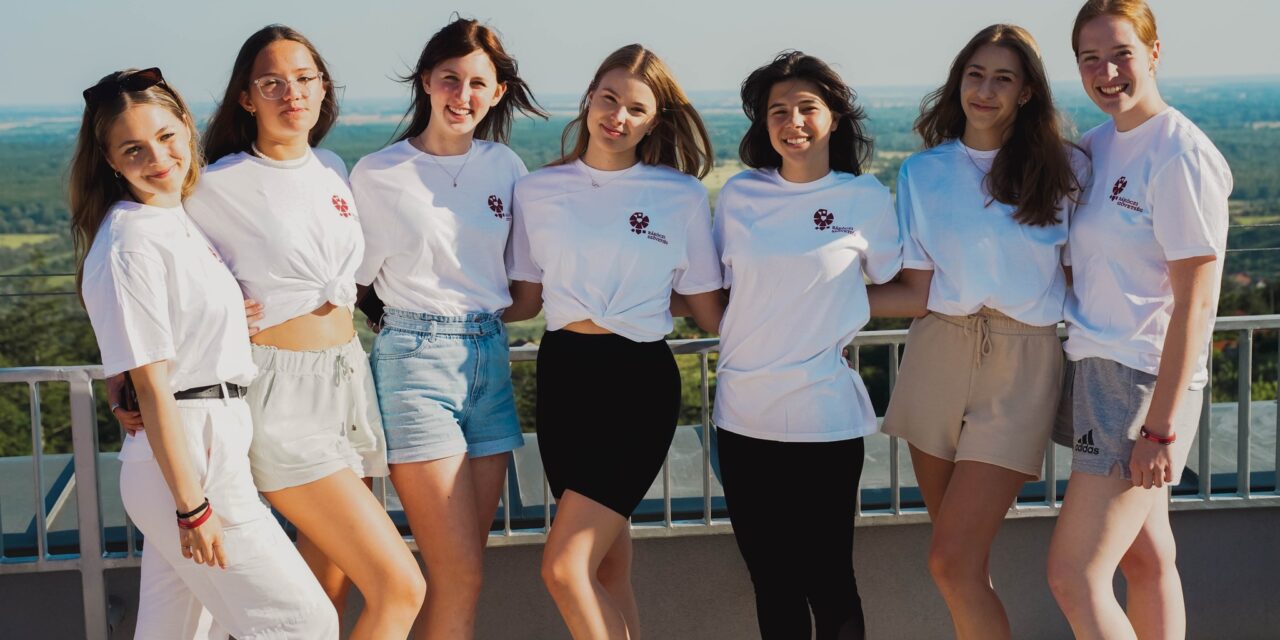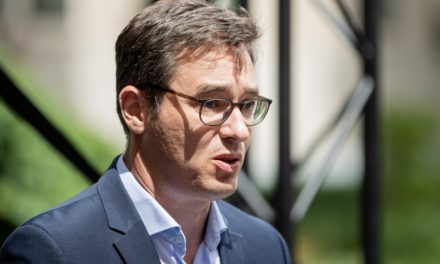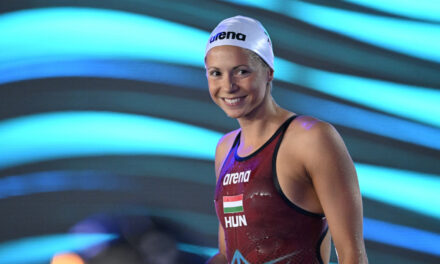Community building is the essence of the camps of the Rákóczi Association - emphasized the state secretary responsible for care policy during his visit to the Rákóczi camp in Sátoraljaújhely on Monday. According to Attila Fülöp, the camps are about the fact that there "one learns to live and love life".
At the same time, the state secretary asked the participants of the I. Összmagyar high school camp to help each other in addition to making friends and relaxing, so that the camp is not only about the love of life, but also about strengthening the Hungarian community. In addition, he would like students studying within the country's borders to help their peers who are not familiar with everyday Hungarian words and to talk about the mysteries of Hungarian culture.
This is important because several children came to the event who can only speak Hungarian with one family member and can only hear about Hungarian culture at school, noted the state secretary.
Attila Fülöp expressed his gratitude to the staff of the Rákóczi camp, since a total of 12,000 young people from 31 countries will come to more than two dozen camps organized by the association throughout the summer.
The biggest difficulty in all child protection problems is that the children and young people involved lack the bonding force that one finds in a family. "This strength cannot be replaced either with money or with an institutional system, so a camp is a good opportunity for the participants to experience community belonging and to preserve these relationships," he said.
Attila Fülöp also spoke about how the Hungarian government has recently invested a lot of resources and energy in family and national policy. With this, he tried to create community bonds in as many families and young people as possible, because "this is the most important resource for Hungarians in the long term", he added, emphasizing that the government also sees churches as strategic partners.
Csáky Csongor, the president of the Rákóczi Association, said that 509 high school students arrived in Sátoraljaújhely on Sunday for the I. Összmagyar high school camp. A significant part of the students came from Hungary, the rest came from the foreign territories of the Carpathian Basin, and 45 young people from the United States of America, Canada, Mexico, Brazil, Australia, Spain and North Macedonia also participated in the camp.
He added that they are confident that the encounters at the camp can become a lifelong experience, so in the summer, due to the high demand, they will organize three more all-Hungarian high school camps, where, in addition to community-building programs, students can also participate in trips, sports events and team competitions.
MTI












